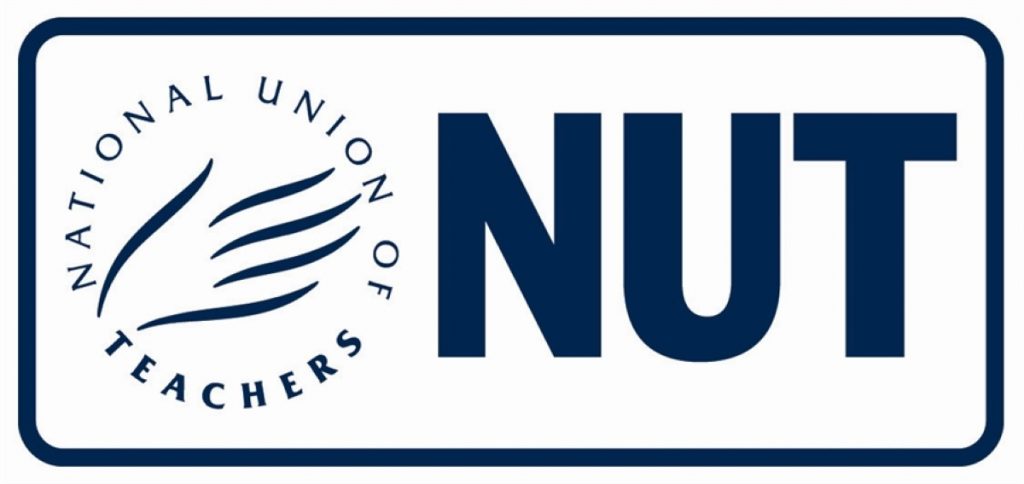NUT: Education system is “sleepwalking towards centralisation”
Education system is “sleepwalking towards centralisation”, experts say
New research* conducted by the think tank LGiU, in partnership with the NUT and UNISON, has found that the massive rise in the number of academies and free schools means that we are “sleepwalking into the centralisation of the education system” with up to 24,000 schools and governing bodies accountable solely to the Secretary of State.
More than half of secondary schools are now academies or free schools: independent of local authorities and accountable to the Secretary of State.
The LGiU conducted interviews with heads of academy chains, leading academic commentators and senior local government politicians and officers to assess the impact of this transformation. It found widespread concern that that up to 24,000 schools could be managed from a single Whitehall department and that conversions to academy status are creating gaps in accountability, admissions monitoring, schools support services and place planning.
Contributors, including chief executives of two major academy chains, argued that a “middle tier” in the education system between central government and schools was needed to ensure effective oversight of vital issues such as admissions. Without it, as United Learning Trust CEO Jon Coles argued, education could become more about competition for the most able than a service run for the benefit of all children.
Local authorities were seen by interviewees, including academy chief executives, as best-placed to act as a middle tier. There was little appetite for the creation of new bodies, such as regional commissioners or school boards. However, there was also a recognition that local government would need to be opened up further to transparent inspection and challenge.
Comment
Christine Blower, General Secretary of the National Union of Teachers said: “The NUT has long championed the vital role of local authorities in education but recognises that successive changes to the system have fatally undermined their strategic role. It would be a shocking waste of expertise and resource to limit the role of local government still further.
“The key role local authorities play in the support system for schools must be recognised. Their role in securing democratic accountability, service provision and efficiency must not be undermined”.
Dr Jonathan Carr-West, Director of Policy, LGiU said: “It is not feasible for the Secretary of State to directly manage 24,000 schools from Whitehall. As the contributors to this report have demonstrated, there are a range of functions such as accountability and schools place planning that are much better delivered at a more local level.
“There's no reason why a middle tier should be the same in every part of the country. What is important is that we find ways to open up a democratic conversation with people across the country about how they want schools to be organised in their community, for their children”.
Jon Richards, UNISON National Secretary, Education and Children’s Services said: “Central government has been hoovering up powers and increasing control over schools. The rapid increase in the number of academies and reduced funding has seen key local authority roles, such as performance management and school improvement, diminished. These losses and the changing responsibility for admissions, which ought to be geographic and even-handed, will inevitably lead to an incoherent education system, undermining good government policies on access and social mobility”.
ENDS pr152-2012
For further information contact Caroline Cowie on 0207 380 4706 or 07879480061
*Editors Note
Joint NUT, LGiU and Unison research ‘ Should We Shed The Middle Tier’ http://www.lgiu.org.uk/wp-content/uploads/2012/09/Should-we-shed-the-middle-tier.pdf





-01.png)